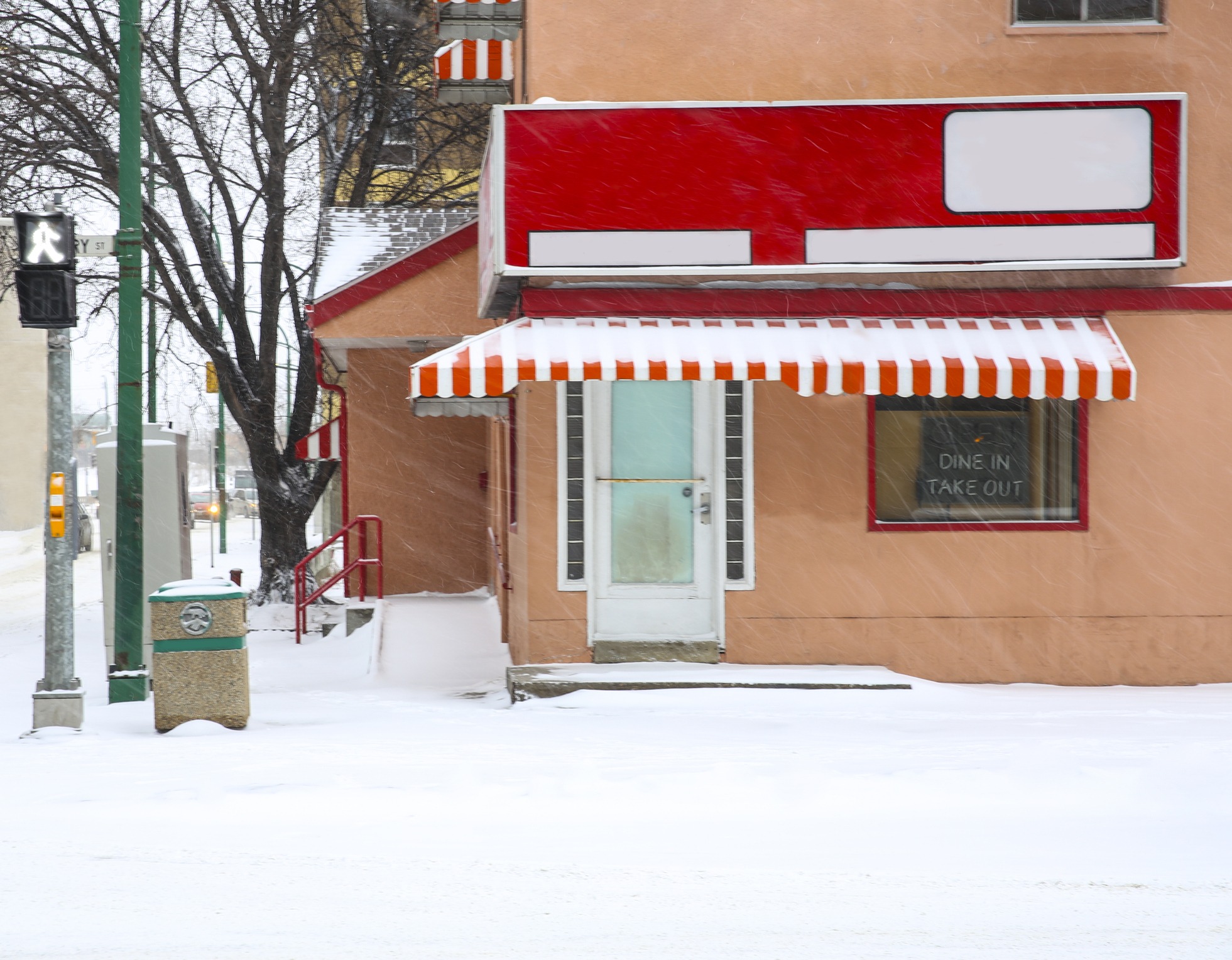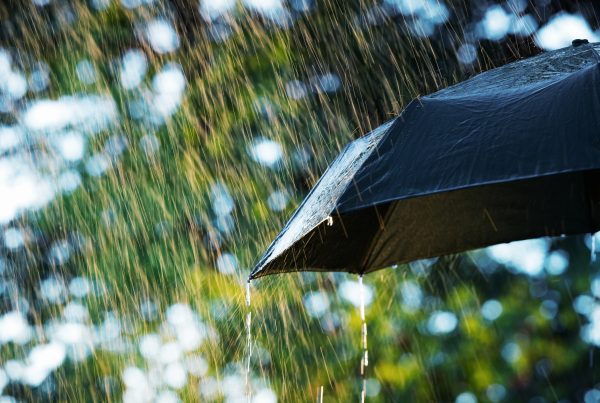As winter weather arrives here in the Midwest, business owners face unique challenges that can disrupt operations and threaten safety. From frozen pipes and power outages to icy walkways and transportation delays, preparing in advance can minimize risks and keep your business running smoothly.
Prevent Frozen Pipes and Water Damage
Frozen pipes are a common and costly issue during winter, potentially leading to flooding and severe property damage. According to the Insurance Institute for Business & Home Safety, burst pipes can cause an average of $27,000 in damages to businesses. Businesses can reduce this risk by maintaining consistent indoor temperatures above 55°F, even during non-business hours. Insulating exposed pipes, sealing drafts, and installing leak detection systems offer added protection. Additionally, staff should know how to quickly shut off the water supply in an emergency to prevent further damage.
Managing Snow and Ice Hazards
Icy walkways and snow-packed parking lots can create dangerous conditions for employees and customers, increasing liability risks. The Occupational Safety and Health Administration (OSHA) reports that slips, trips, and falls account for 20% of all workplace injuries annually. Hiring a professional snow removal service ensures timely clearing, while applying salt improves traction. Marking hazardous areas and documenting snow removal efforts can also help demonstrate due diligence and reduce liability claims in case of an incident.
Preparing for Power Outages
Winter storms often lead to unexpected power outages that can interrupt operations and damage electronics. Investing in a backup generator ensures critical systems like heating, security, and IT infrastructure stay operational. Using surge protectors and regularly backing up data prevents damage and data loss. Testing emergency lighting and exit signs can also help maintain safety during outages.
Heating System Maintenance
Heating systems are essential during winter, but poorly maintained units can cause malfunctions or even fires. The National Fire Protection Association (NFPA) reports that heating equipment is responsible for 14% of all reported structure fires. Scheduling preventive maintenance, cleaning vents and ducts, and testing smoke and carbon monoxide detectors are simple ways to avoid issues. Businesses using portable heaters should ensure they are UL-certified and positioned safely away from flammable materials.
Employee Safety and Emergency Preparedness
Keeping employees safe is a top priority in winter weather. Developing an emergency communication plan ensures staff are informed of closures or delays. Providing winter safety gear, such as insulated boots and gloves, helps protect those working outdoors. Training employees on emergency procedures, including evacuation plans, further strengthens workplace readiness.
Winter Vehicle Readiness
For businesses relying on transportation, preparing company vehicles for winter is crucial. The National Highway Traffic Safety Administration (NHTSA) highlights that 17% of all vehicle crashes occur during winter weather conditions. Regular inspections of tires, brakes, and antifreeze levels can prevent breakdowns. Equipping vehicles with emergency kits containing blankets, water, and tools adds an extra layer of protection. Having alternative transportation plans in place can also help manage road closures and delays.
Office Emergency Kit Essentials
Every office should have a winter emergency kit to handle unexpected weather-related events. According to the Federal Emergency Management Agency (FEMA), a well-stocked emergency kit can make a significant difference in safety and comfort during a winter emergency. Recommended items include:
- Blankets and warm clothing
- Non-perishable food and bottled water
- Flashlights and extra batteries
- First-aid supplies
- Battery-powered or hand-crank radio
- Ice melt and snow shovels
- Portable phone chargers or power banks
- Toolkits for minor repairs
- Backup fuel or portable heaters (used safely)
Reviewing Insurance Coverage
Winter weather brings elevated risks of property damage, liability claims, and operational interruptions. Reviewing insurance policies in advance ensures adequate protection. Verifying property insurance covers water damage and roof collapses, checking business interruption policies, and updating liability coverage reduces potential financial impacts. Consulting with your agent can help tailor policies to meet your business’s needs.
Planning Ahead for Success
To further enhance winter preparedness, businesses can download the Winter Weather Preparedness Checklist from Cincinnati Insurance, which outlines detailed steps to safeguard business operations.
Stay Ahead of the Weather
Winter weather doesn’t have to disrupt your business. By preparing your property, employees, and vehicles while reviewing insurance coverage, you can minimize risks and keep operations running smoothly. For customized insurance solutions and advice, contact us today.









